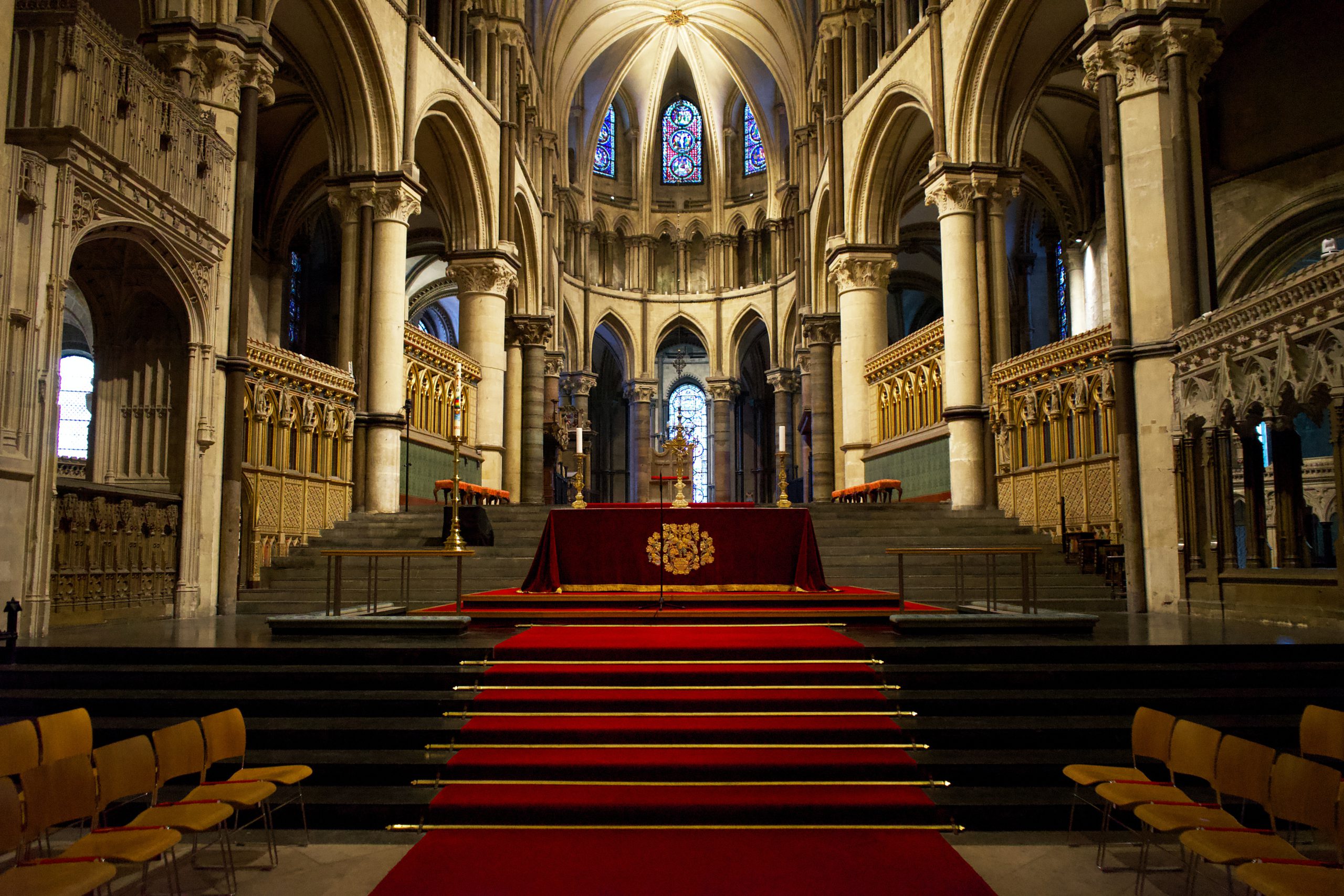The relationship between the Reformed Episcopal Church (REC), the Anglican Church in North America (ACNA), and the Archbishop of Canterbury (Church of England/Anglican Communion) involves the complex dynamics of Episcopalianism/Anglicanism in North America and its connections to the wider Anglican Communion. Here’s an quick overview of the relationships:
- Reformed Episcopal Church (REC):
- The REC is an Anglican denomination that emerged from the American Episcopal Church in the 19th century in the United States. It has historically held conservative theological views and separated from the Episcopal Church (PECUSA) over theological and liturgical issues.
- The REC maintains an historic Anglican identity often at odds with the changes in the larger Anglican Communion, especially regarding the ordination of women, same-sex marriage, and traditional prayerbook liturgies.
- Anglican Church in North America (ACNA):
- The ACNA is a more recent development in the North American Anglican landscape. It was formed in response to the theological and moral disagreements within the Episcopal Church and the Anglican Church of Canada. A central issue being the blessing of same-sex marriage.
- The ACNA, established in 2009, is a more diverse coalition that includes a spectrum of Anglican traditions, from Anglo-Catholic to Evangelical. It adheres to the historic Anglican tradition and the 1662 Book of Common Prayer as its standard of worship.
- The ACNA has sought recognition and fellowship within the wider global Anglican Communion and is recognized by most of the Anglicans within the global Anglican Communion. Most notably, the Church of Nigeria and many global south Anglicans recognize the ACNA as the legitimate representative of the orthodox Anglican tradition in North America.
- Archbishop of Canterbury:
- The Archbishop of Canterbury is the symbolic head of the worldwide Anglican Communion, a global network of national and regional Anglican/Episcopal churches. Currently, Justin Welby is the Archbishop of Canterbury.
- The Archbishop of Canterbury plays a significant role in matters of unity and communion within the Anglican Communion. However, the Anglican Communion does not have centralized authority, and each province (national or regional church) operates autonomously.
The relationship between these entities can be summarized as follows:
- The Reformed Episcopal Church is a founding “sub-jurisdiction” of the Anglican Church in North America. The REC maintains its own distinct denominational identity and government (General Council, Synods, Canons, Prayerbook, etc). And is also free to withdraw from the ACNA at any time.
- The Reformed Episcopal Church (REC) does not have formal ties to the Archbishop of Canterbury. In the UK, the REC is united with the Free Church of England by a common episcopate. The Free Church of England traces its origins to the 19th century. It was formally established in 1863, but its roots go back to a movement that sought greater evangelical freedom and dissent within the Church of England.
- The Anglican Church in North America (ACNA) has sought recognition and fellowship with the wider Anglican Communion, and it has been in a process of building relationships with other Anglican provinces worldwide. While the status of ACNA’s recognition within the Anglican Communion may change over time, at present, the Archbishop of Canterbury does not recognize the ACNA. On April 16, 2009 the ACNA was recognized as a province of the global Anglican Communion, by the Primates of the Global Fellowship of Confessing Anglicans (GAFCON).

Leave a ReplyCancel reply